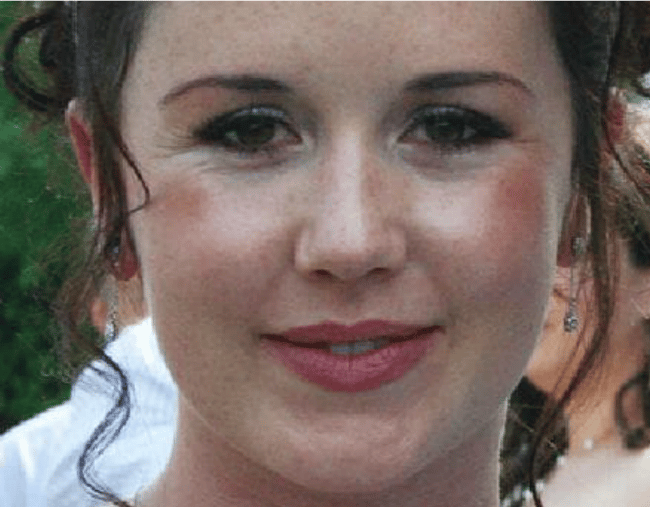
After Jill Meagher was murdered at 29 years old by a stranger while walking home at night, we were told in no uncertain terms that the streets belonged to the monsters now.
It was our job to stay out of their way.
Police urged women to “take notice of personal safety” and exercise caution, putting the onus on us, the victims, to prevent our own rape and murder.
‘If only Jill Meagher had made a different choice,’ went the whispers. Never mind about Adrian Bayley.
Sitting in my car one afternoon, I listened to a radio presenter introduce a segment where women would call in and detail how they planned on altering their behaviour in the wake of Meagher’s death.
Callers said they would no longer walk home after dark. They would always be accompanied. They’d carry their phones and perhaps their keys between their fingers. This, it appeared, was their mental load to carry.
I wondered; Is a world where women don’t leave their homes out of fear of being murdered truly a ‘safer’ one?
To me, it sounded awfully oppressive.
When a woman is raped and murdered, the consequences reverberate so far beyond the single criminal act. It is a form of torture perpetrated upon all women – a reminder to look over our shoulder, to check our back seat, to brace when a man passes us on the street, for we are never truly safe.
Though intellectually I rejected the premise of the message, stay out of the way of monsters, I absorbed it by osmosis.
Do not, at least for a little while, walk down the street alone at night.




























































































